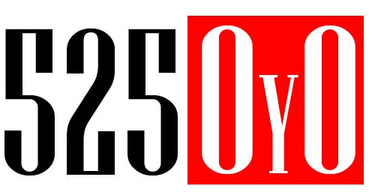Petroleum Products
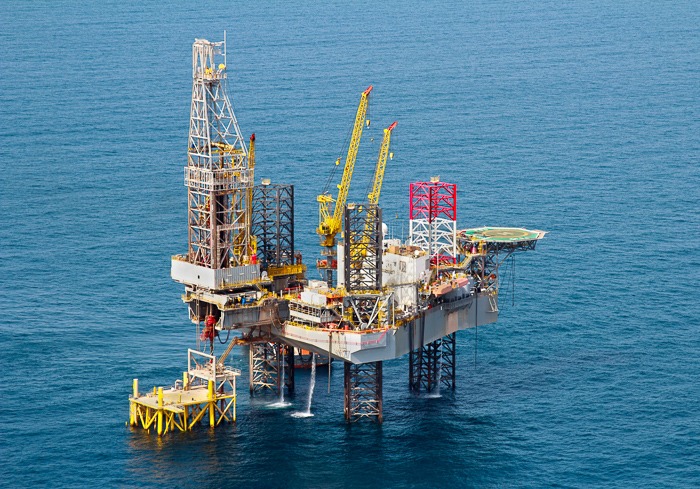

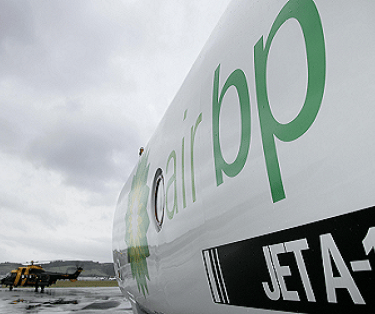

Jet Fuel (A1 & JP54)
Jet A-1:
The international standard aviation turbine fuel used in commercial aircraft.
It has a freezing point of -47°C, making it suitable for long-haul flights at high altitudes.
Jet A-1 also includes anti-static additives for safety.
JP54:
A term often used in trading, originally referring to a U.S. military jet fuel.
In practice, JP54 usually means commercial Jet A-1 in fuel contracts, though technically not an official refinery product.
Many buyers/sellers use “JP54” as shorthand for aviation kerosene (Jet A-1 type).
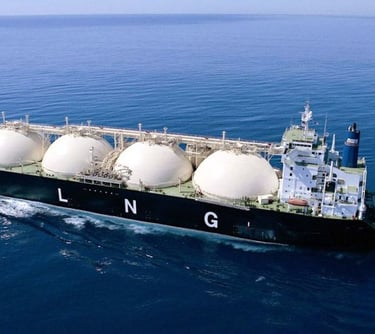

LPG (Liquefied Petroleum Gas)
LPG is a mixture of propane and butane gases, obtained as a by-product from crude oil refining and natural gas
Processing :
It is stored and transported as a liquid under moderate pressure but turns into gas when released.
Common uses:
Household fuel for cooking and heating (cylinders, tanks).
Industrial applications (heating, metal cutting, production processes).
Automotive fuel (Autogas in some countries).
Advantages:
Portable, clean-burning, and relatively easy to handle.
LNG (Liquefied Natural Gas)
LNG is natural gas (mainly methane, CH₄) that has been cooled to around -162°C (-260°F) to turn it into liquid.
This reduces its volume by about 600 times, making it economical to transport over long distances (ships, tankers).
Common uses:
Power generation (electricity plants).
Industrial fuel (factories, manufacturing).
Transportation fuel (ships, heavy trucks in some regions).
Advantages:
Cleaner than coal or oil, high energy efficiency, supports global energy trade.
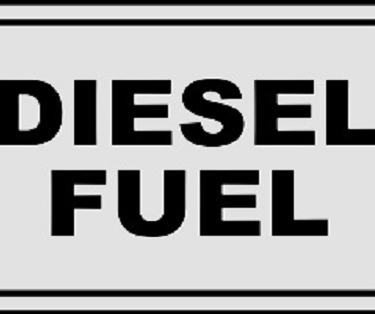

D2 (Gas Oil / Diesel Fuel Oil No. 2)
D2 is a type of diesel fuel, often referred to as Gasoil.
It is a middle distillate petroleum product mainly used in diesel engines for vehicles, trucks, and industrial machinery.
It has lower sulfur content than heavy fuels, making it cleaner to burn.
D2 is widely traded internationally as a standard diesel fuel.
EN 590 (European Diesel Standard)
EN 590 is the European specification for automotive diesel fuel.
It defines the quality, performance, and environmental standards (such as sulfur limits, cetane number, and cold-weather properties).
EN 590 diesel today usually refers to “Ultra Low Sulfur Diesel (ULSD)”, with a maximum of 10 ppm sulfur.
It’s the standard fuel sold at European gas stations for cars and trucks.
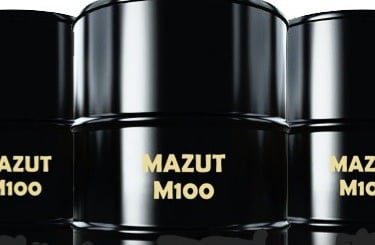

Mazut M-100
Mazut is a heavy, low-quality fuel oil produced from the residue of crude oil distillation.
Mazut M-100 is commonly used in power plants, boilers, and large industrial furnaces.
It is thick and viscous, requiring heating before use.
It’s cheaper than lighter fuels but produces higher emissions, so its usage is restricted in many countries with strict environmental regulations.
